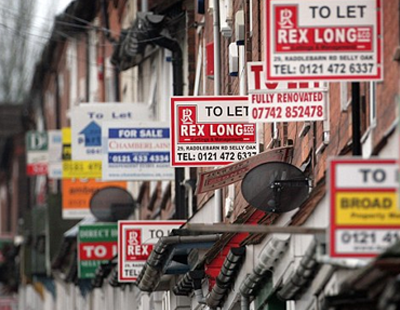In previous guidance submitted to brokers, the Financial Conduct Authority (FCA) warned that without processes for reporting suspicious activity, advisers could potentially be at risk of committing money laundering offences, or breaking the Proceeds of Crime Act 2002.
As a result, many mortgage and insurance brokers opt to introduce controls similar to those implemented by other property finance firms who are subject to money laundering regulations and the FCA’s anti-money laundering (AML) rules.
In other words, it’s not a requirement to have such processes in place if you are a broker/adviser, but it is highly, highly recommended to ensure you aren’t flouting the law or unwittingly facilitating illegal practices.
Stronger AML rules in play
On January 10 2020, the Fifth Money Laundering Directive came into being, with new wording which compels companies to use electronic identity checks on clients where this is available.
The new rules, introduced under The Money Laundering and Terrorist Financing (Amendment) Regulations 2019, mean that organisations are required to ensure that the ‘proof of identity provided by clients is from a reliable source which is independent of that person’.
What’s more, instead of relying on paper-based checking of passports and driving licenses, firms should use electronic checks wherever this is possible.
How can mortgage brokers be compliant with AML regulations?
To cover themselves and help in the fight against financial fraud, brokers must have risk policies and procedures implemented to help examine the risk they are exposed to. According to John Dobson, chief executive at SmartSearch, the UK’s leading online provider of AML services, ‘this is the risk in terms of the types of customers they work with, the types of products and services they offer as well as the areas in which they work. Key to this risk assessment is Know Your Customer (KYC) processes’.
As part of KYC checks, Dobson adds, brokers will ask customers for identification documents such as passports and driving licenses to pass the checks needed to take out a mortgage.
The problem being, though, those customers determined to launder money through a mortgage will likely have access to some of the most sophisticated forged identity documents – documents which are nigh-on impossible to spot as fakes purely through manual checks.
“In fact, all mortgage fraud has been perpetrated on the back of forged documents, but there has never been a fraudulent case linked to electronic verification,” Dobson said. “This is because electronic identification offers the most efficient and reliable way to ensure compliance with the latest AML regulations.”
What are the money laundering warning signs to look out?
There are a few tell-tale signs which could help brokers to spot money laundering before they approach a lender to broker a mortgage deal.
Red flags might include reluctance to provide information or ID, incomplete or inconsistent information, unusual behaviours and requests, or offers of large cash payments to get things moving quickly. A buyer might also have an unusually large deposit to put down on the house they are purchasing, which could further raise your suspicions.
Lenders unable to identify the source of their borrowers’ deposit, could face regulatory action, and it is likely to be the case that brokers will find that if they do not have proper money laundering processes implemented, lenders will refuse to work with them.
If you have any serious concerns or suspicions, you should send a Suspicious Activity Report (or SAR) to the National Crime Agency (NCA). Or you may want to call on the services of an expert AML company to guide you through this process. If you are tied up with an estate agency, lender or solicitor’s firm, they should have AML processes in place to report suspicious activity.
You can find out more about how to report suspicious activity that you think may be linked to money laundering, by clicking here.
Customer due diligence, record-keeping, fraud prevention processes and reporting any suspicious activity should all help in the fight against money laundering, and ensure you aren’t drawn into illegal activity.
Mortgage brokers and advisers have a key role to play in the prevention of money laundering via mortgages, as you are one of the first lines of defence in spotting and reporting anything which raises suspicion.



















Join the conversation
Please login to comment